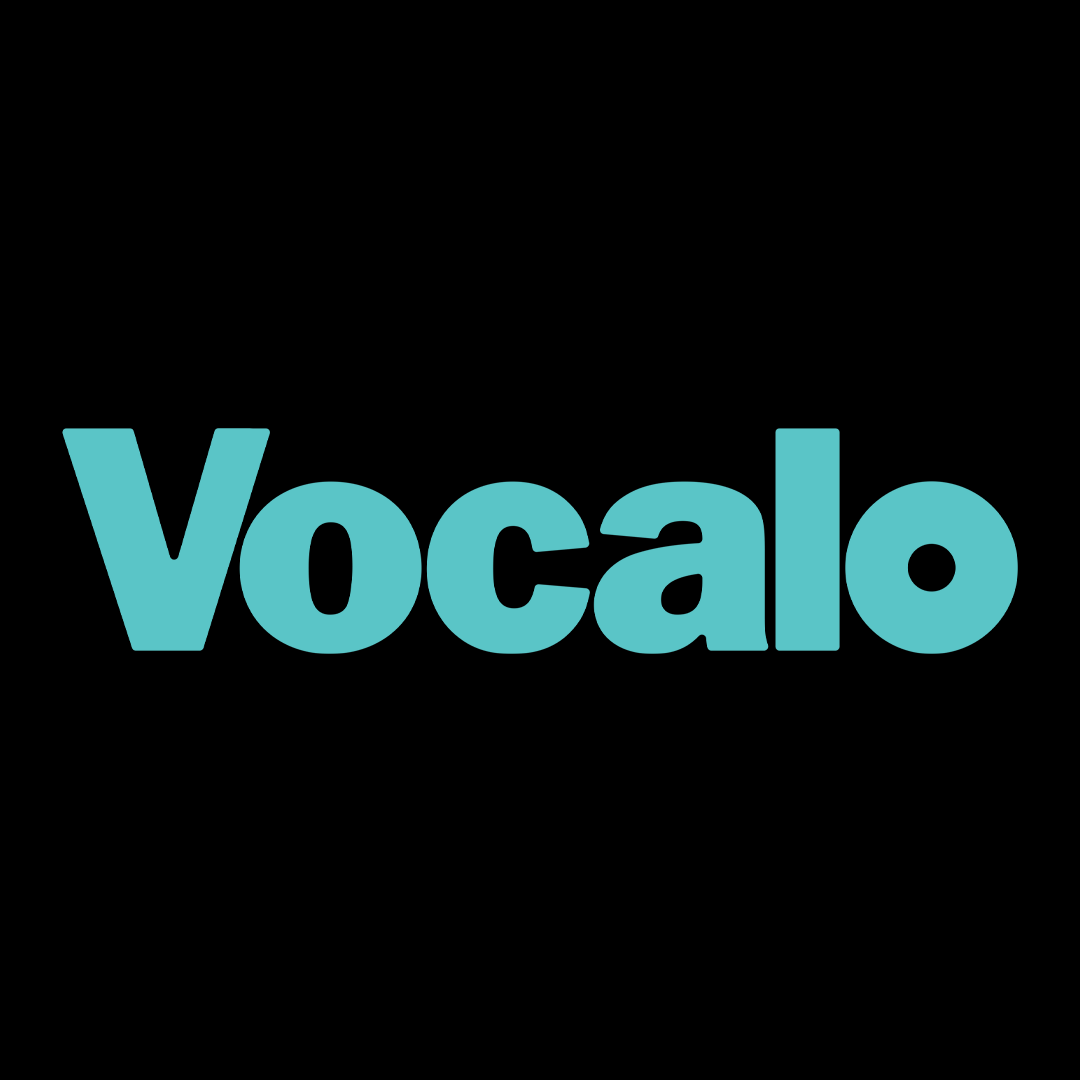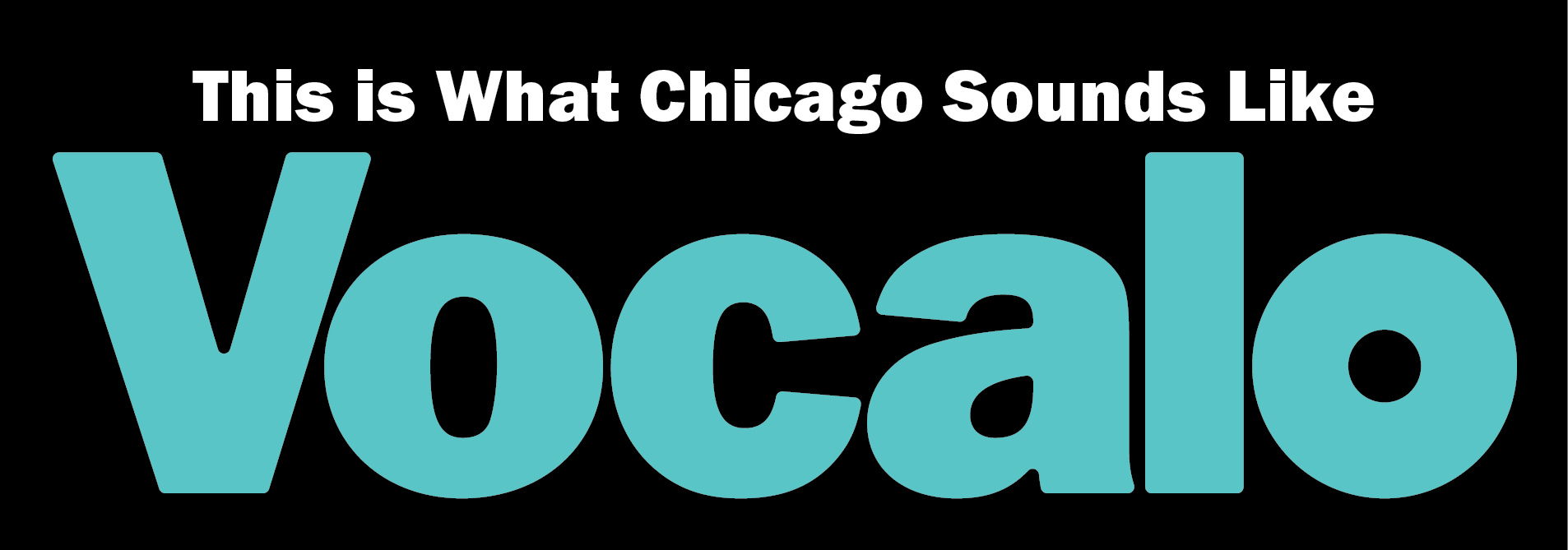Rima Sweiss Shares Palestinian Culture With Chicago
Written by Vocalo Radio on May 11, 2023
Rima Sweiss is a member of the advisory board for this year’s annual Chicago Palestine Film Festival, advocating for the amplification of diverse stories told by Palestinian Americans. After being involved with the festival for 13 years, she feels proud to see how it has grown to share the stories of her community with an increasingly diverse audience each year.
Through her work with the Chicago Palestine Film Festival, lifetime Chicagoan Rima Sweiss amplifies the stories of Palestinian communities. As a Palestinian and Jordanian American, Sweiss and the festival’s production team hope to share stories told by the often unheard voices of Palestinian filmmakers — from Oscar winners to first-time phone camera directors.
“We just try to show and humanize a very unheard and minority group that’s voiceless … Not really seen nor heard,” she said, “We try to … get to people’s hearts in different ways, and their attention.”
Founded in 2001, CPFF is the longest-running festival showcasing stories about Palestinian society, art, culture and humanity, by Palestinian filmmakers.
After kicking off on April 29, the festival is set to end Sunday, May 14 at the Gene Siskel Film Center. Since its founding, the festival has screened more than 250 independent films in Chicago, making its mark as a cross-cultural event drawing audiences from Chicago and beyond to showcase their films.
“I think the Chicago Palestine Film Festival is kind of a microcosm of what Chicago brings…diversity, all the different aspects of life and the people and their backgrounds,” Sweiss explained. “It brings people together. That’s kind of what it’s all about … It’s not that complicated.”

Starting her career as an activist, Sweiss has continued to push for the rights of Middle Eastern Americans through every opportunity she gains. Her fight has led her to the arts, where she has been able to impact her community in a big way by providing a space for them to be heard and express their thoughts through film.
“It’s been amazing to see the growth and to see the audience, actually, it’s not always just our community,” Sweiss said. “It’s opened up a lot of hearts and minds, bridged some gaps and built some connections with other groups, too … Bring a voice to the voiceless.”
Sweiss mentors and serves on many professional boards across the city, including the Arab-American Business & Professional Association, Chitown Home Health and American Middle East Voters Alliance Political Action Committee.
In this segment of “This Is What Chicago Sounds Like,” Rima Sweiss shares more information about the Chicago Palestine Film Festival, her inspiration to get involved in film and her passion for sharing the stories of Palestinian Americans.
Introduce yourself, and describe your work in a few words.
My name is Rima Sweiss. I’m on the advisory board for the Chicago Palestine Film Festival. And this is what Chicago sounds like.
Where are you from?
Being a Chicagoan, it’s been a fun ride. I’m born and raised in Chicago, I’m half Palestinian and half Jordanian. I think I have an amazing network here, an amazing family, amazing group … that I know and associate with, too. I’ve never felt the need to leave. I feel like there’s not much that Chicago doesn’t offer you in every aspect of life, whether it’s restaurants, whether it’s work opportunities, just friendships. I don’t think there’s anywhere else that can compete too much. I’m from the East Humboldt Park area. My family migrated to the area when there were other Middle Eastern people in the area, a few. I’m from a minority group that’s pretty small in the city, and being in another minority group neighborhood, you find a lot of commonalities. A lot of food, a lot of fun, a lot of music, dancing, feasting. So that’s a lot of traits that bring a lot of the core groups together in Chicago.
What do you do?
I want to say 13 years ago — I have friends who helped start the Chicago Palestine Film Festival. This began 22 years ago with a few co-founders, I jumped in about 13 years ago. It’s all volunteer-based, everyone kind of rolls their sleeves up and does the hard work behind the scenes year-round. We’ve helped grow that for a very long time, too. It’s actually become the top three popular festivals at the Gene Siskel Film Center. And we’re the longest running Palestinian film festival in the world. We have the nonprofit that through the arts, we just try to show and humanize a very unheard and minority group that’s voiceless, pretty much. Not really seen nor heard. We try to … get to people’s hearts in different ways, and their attention. It’s been amazing to see the growth and to see the audience, actually, it’s not always just our community. It’s a vast Chicago community, and a diverse community. It’s opened up a lot of hearts and minds, bridged some gaps and built some connections with other groups, too … Bring a voice to the voiceless.
Palestinian filmmakers around the world who are just, everyday life, putting out your film, or documentary, or comedy or romantic comedy, drama, thrillers, there’s so many. There’s just a wide variety of film out there. And I think people forget that, with all of the destruction that happens, there’s just the day-to-day life that people go through, as well. And it’s normal life.

Do you have a favorite film?
They all hit you in some way. You think, “Oh, it’s a short film. I’m just going to watch it really quickly.” Then you find yourself engrossed. There was a film about cows, about five years ago, and to this day, everyone still thinks about it. But I mean, we run the gamut from very real, true life, what’s going on there, things that we’re dealing with in terms of policy, even legislation, and just everyday tourist films. Or everyday life, just walking around the village. All of them capture your heart, it’s hard to pick a favorite.
How has the fest been received over the years?
A lot of our grants and support come from local business owners and local arts initiatives in the city, garnering that attention and that network. And everyone just loves the fest. Movies will always tug at your heart and be subjective, and arts are like that. But everyone ends up just walking away feeling like they love the fest. We’ve been around for a very long time in Chicago. I know a film festival is about a week to two weeks out of the year, but it is a year-long work and a lot of dedication and commitment from people who just believe in the organization, and believe in the stories being told. And just believe in the outlet for this. I’ve kind of worn almost every hat, and I’ve now taken on an advisory role, just in terms of time commitment, but I don’t ever see myself going away. I’ll just … help as much as I can. We all believe in it. And we have a lot of long-standing committee members and other members come in, and it’s a diverse group. It’s not just Middle Eastern. I think people realize the importance of this festival.
We’ve run the gamut between having an independent film, people who just filmed their first documentary on their iPhone, and we’ve had Oscar-nominated and Oscar-winning directors and their films come through. Sometimes there’s a tricky process of even getting films out, or getting funding as a Palestinian, especially if you’re in the West Bank or the Gaza area without the same opportunities as others. To see when a film is actually produced and directed and edited, and it’s come to fruition — just from their own accord, sometimes — you just realize the grit it took and the dedication it took to make a film. That’s where you realize the importance of showcasing those stories and those voices who don’t always have the funding, or … can’t apply for a grant.

Why is it difficult for Palestinians to get funding for their films?
There’s a lot of restrictions on people and their quality of life and their human rights. Imagine, in Chicago, you can go anywhere you want. There, if you just want to go to the hospital, or to a doctor outside of your area, you have to stand in line for five hours, and you have to pass checkpoints and you have to be approved. And you’re standing in … the heat or the cold. And just to know whether you can even go to a hospital with your child. There’s very serious issues that arise just for daily quality life. Are they heard, even for their struggles? Do you have clean water? Do you have electricity? Who do you call for those issues? Those things are sometimes a challenge, and sometimes non-existent, in those areas. When we’re talking about making a film in those areas, and bringing those stories to life, you realize it’s much more important than a few hours here or a month here of work to bring those voices to fruition.
Coming up on the 75th anniversary of the Nakba, which is when Palestine … lost its independence, there’s a lot of voices from those generations that we’ll lose soon, and the storytelling constantly and the storytelling now … People’s grandparents, we’ll be losing those voices soon.
At this point, the film festival proudly boasts quite a few sold-out nights. It’s a very proud moment to mention, how many sold out nights and how early we sell out … at the Gene Siskel Film Center. It always hits a bit personally, just being half Palestinian, but also just being a human rights issue, is what it all comes down to. I think the Chicago Palestine Film Festival is kind of a microcosm of what Chicago brings, whether it’s the diversity, all the different aspects of life and the people and their backgrounds, where you find a lot of commonality. It brings people together. That’s kind of what it’s all about, sometimes. It’s not that complicated.
Since 2016, we have been profiling people who give their all to Chicago and enrich us socially and culturally by virtue of their artistry, social justice work and community-building. Take a listen. Read their words. Become inspired.

Interview and audio production by Ari Mejia
Introduction written by Joshua X. Miller
Photography by Ari Mejia, edited by Morgan Ciocca
Transcription and editing for length and clarity by Morgan Ciocca
More from Vocalo:
 Vocalo Radio
Vocalo Radio 









